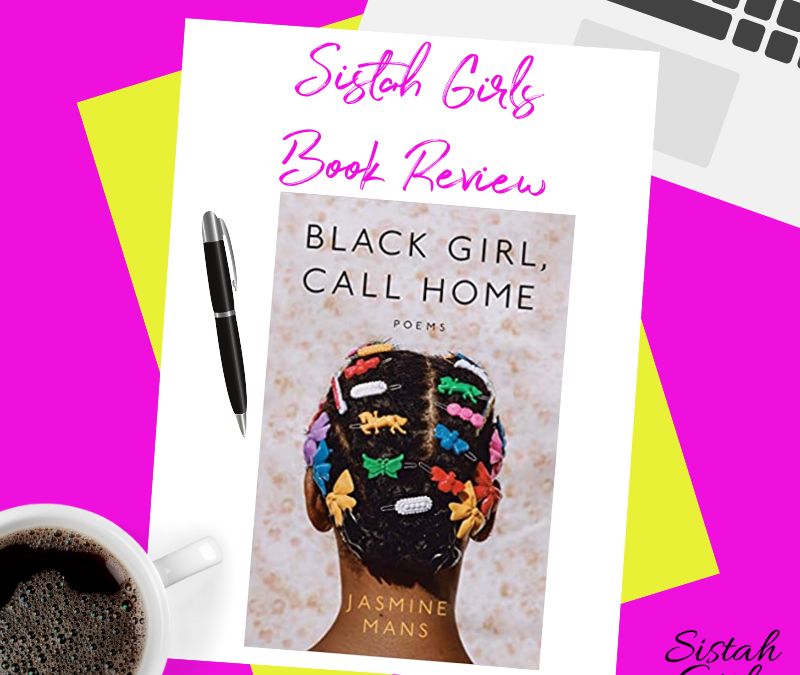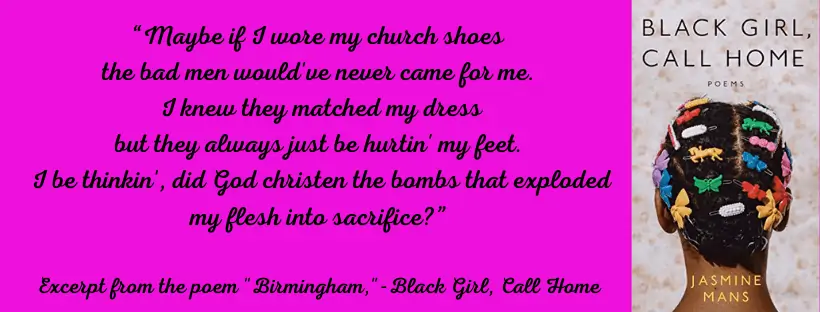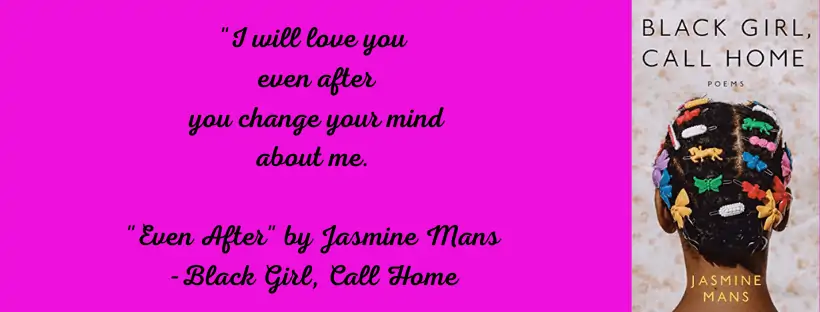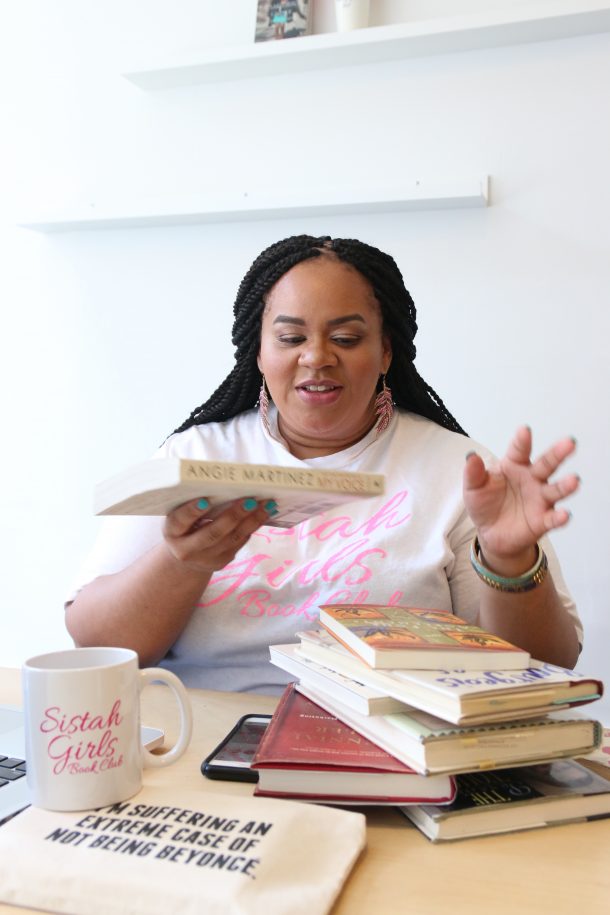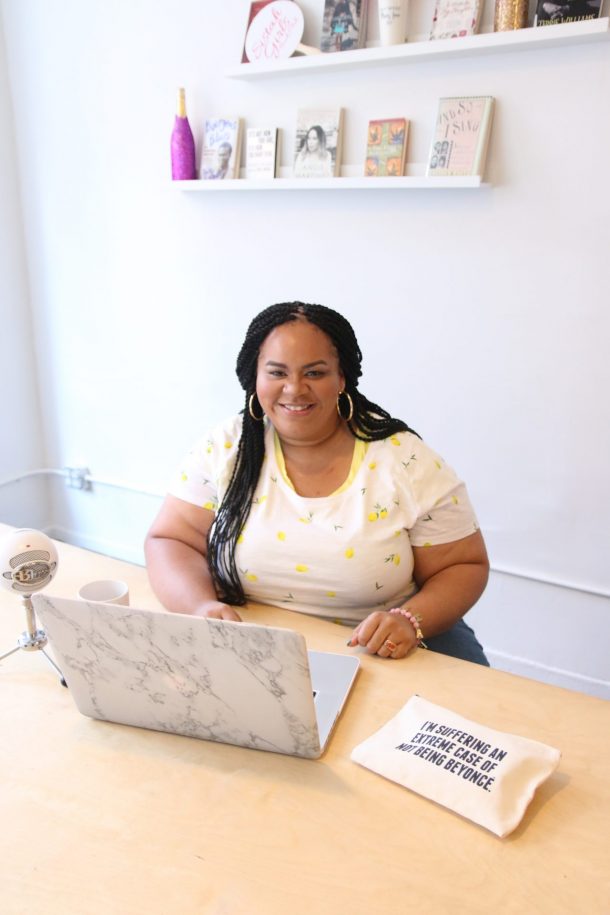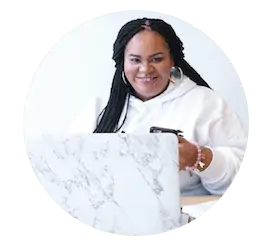Black Girl, Call Home by Jasmine Mans
In 1995, the late author, poet, and playwright Ntozake Shange was interviewed by Rebecca Carroll. During the interview, Carroll asked, “Do you have any particular audience in mind when you write?”
Shange’s answer: “I write for young girls of color, for girls who don’t even exist yet, so that there is something there for them when they arrive. I can only change how they live, not how they think. I want to say, “Here, look where you can live, look what you can think.” I concentrate on giving this to young people because they are the treasurers of black culture.”
When I read Black Girl, Call Home, I immediately thought of Shange’s answer and smiled.
Black Girl, Call Home is a gift to Black girls and women everywhere. Even the cover is present–a rite of passage that every Black girl goes through–getting her hair done.
Mans takes us on a spiritual journey filled with nostalgia, love, heartbreak, heartache, history, sadness, healing, strength, survival and so much more.
The first poem is “I Ain’t Gon’ Be Bald-Headed No More” and the last one is “Brown Marks.” In-between those two poems are poems filled with Black girl’s secrets and truths. If I’m being honest I felt exposed, knowing that others outside of our Black girl sorority would know our hearts–they don’t deserve our hearts.
“A Pouring Thing” and “Birthing Babies Not Her Own,” took us down the painful past that Black women in this country faced at the hands of white male doctors. She made us say their names with “The Girl Who Didn’t Die,” and “Missing Girls.”
I thought about past loves and heartaches with poems like, “Even After,” and “Conversations.” I felt my heart burst with joy while reading, “Dear First Lady, ” “Nola,” and “The 39 Bus Makes Stops in the South Ward.” Those poems made me feel at home, and it was this feeling that let me know for sure that Black women everywhere share a kinship and secret handshake.
By the end of this book, I wanted to hug my mother and thank her for simply being, call my aunties and tell them I love them, kiss my sister’s, press my cheek up against my little niece’s cheek (it’s our thing), and call my bestie to thank her for being the keeper of my secrets.
These poems are like the cover–a rite of passage. They are the answer to the question that Carroll asked Shange back in 1995. I encourage every Black girl to purchase this book of poems–purchase two, one for yourself and one for another Sistah Girl.
